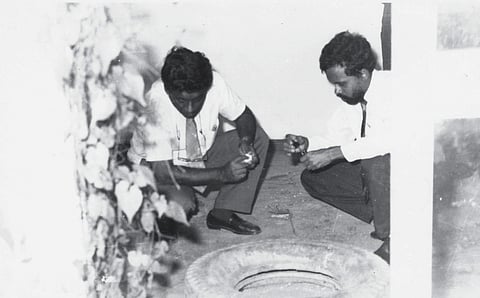Ranil Wickremesinghe in the hot seat over Batalanda torture site
WHEN WE STARTED getting messages that the International Truth and Justice Project (ITJP) website was not working, in the wake of an Al Jazeera interview with the former Sri Lankan president Ranil Wickremesinghe aired on 6 March, I assumed the site had been hacked or attacked. It did not occur to me that our server had been overwhelmed by the sheer volume of traffic to the site. Suddenly, a quarter of a century after it had been released, everyone wanted to read the “Report of the Commission of Inquiry into the Establishment and Maintenance of Places of Unlawful Detention and Torture Chambers at the Batalanda Housing Scheme” – better known as the Batalanda Commission report.
I went to Sri Lanka as a BBC correspondent in late 2000, and I am ashamed to say that I, like so many others, had never heard about the report then; there were just occasional whispers about something from a previous time. Nobody mentioned the presidential commission of inquiry. The silence around the wave of disappearances and killings in the South of Sri Lanka during an uprising by the leftist Janatha Vimukthi Peramuna (JVP) in the late 1980s was pervasive.

